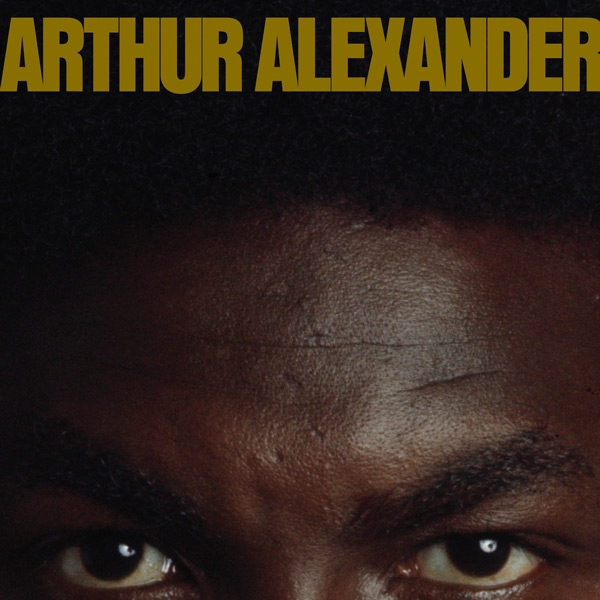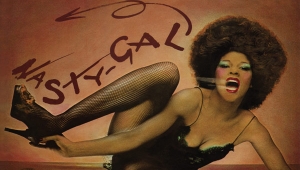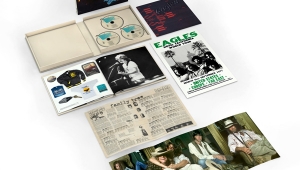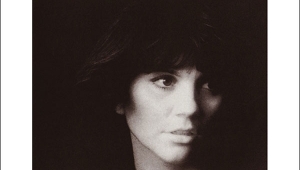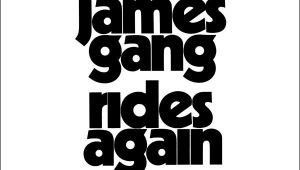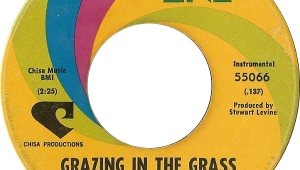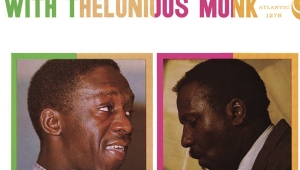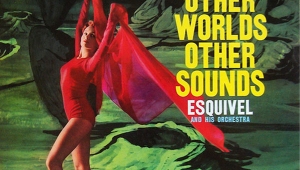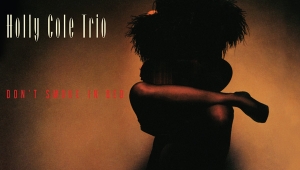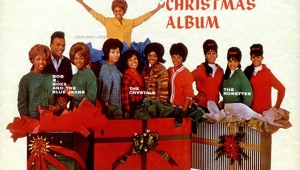| Columns Retired Columns & Blogs |
I don't remember if I had ever heard You Better Move On by Arthur Alexander, but I definitely gave the Rolling Stones LPs quite a few spins in the 1960s. In most cases when I find the 'original', if that's the case here, I don't like it that much. This time I like it a lot. The Stones massacred a few of those covers, did a few fairly well like You Better Move On, and less often made a brilliant cover. Good to discover yet another original.
